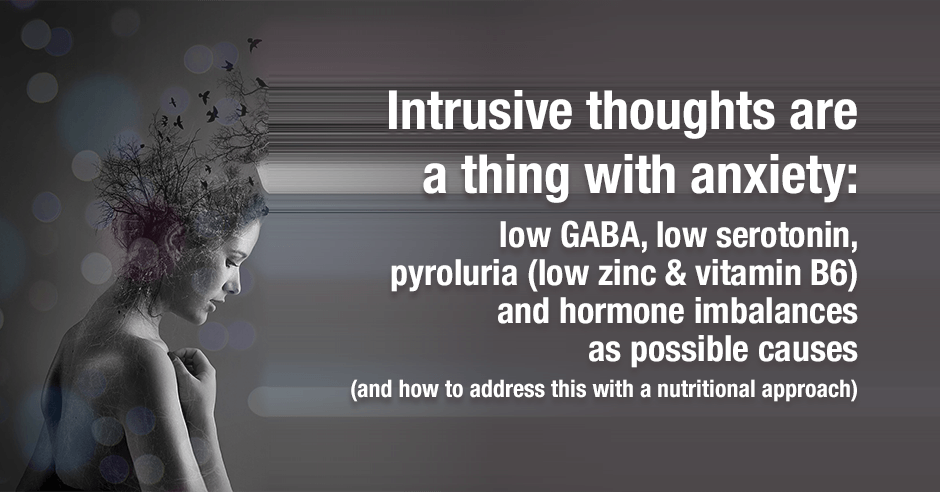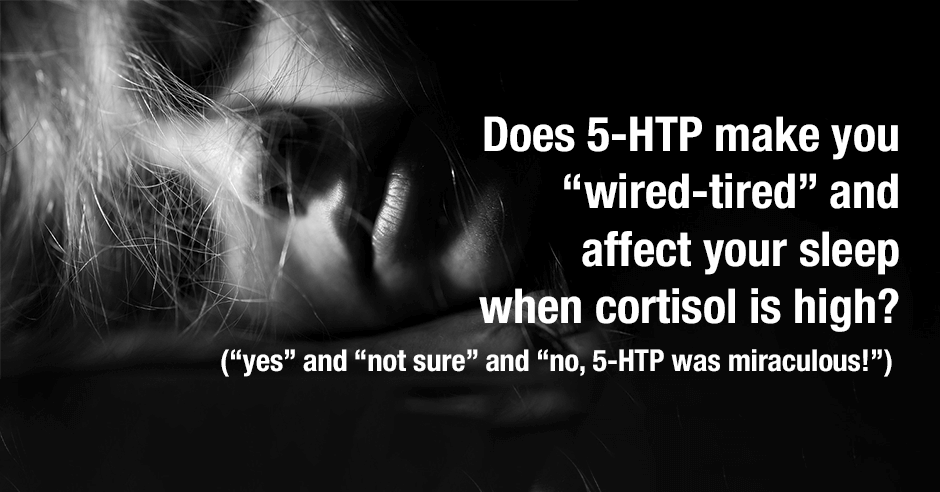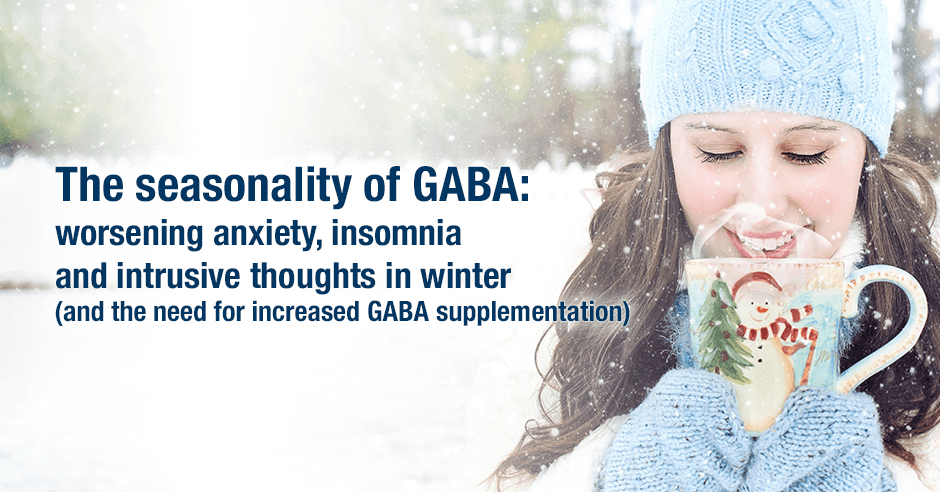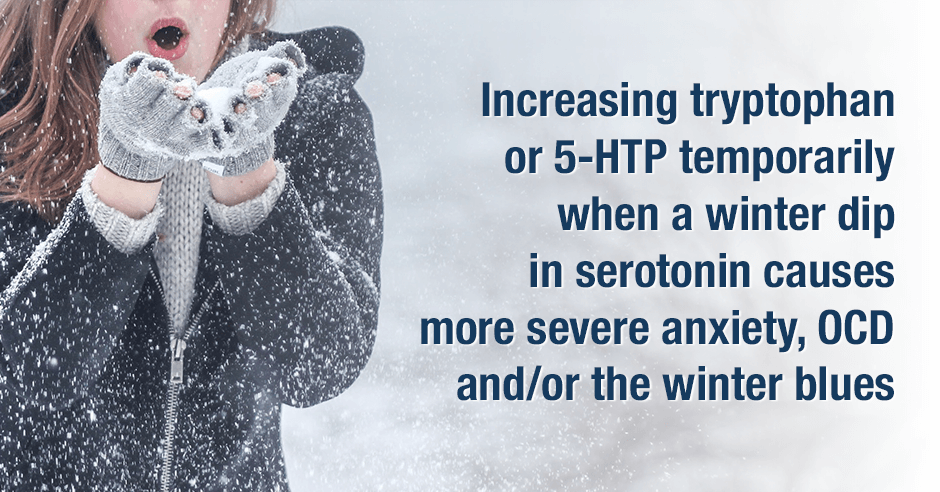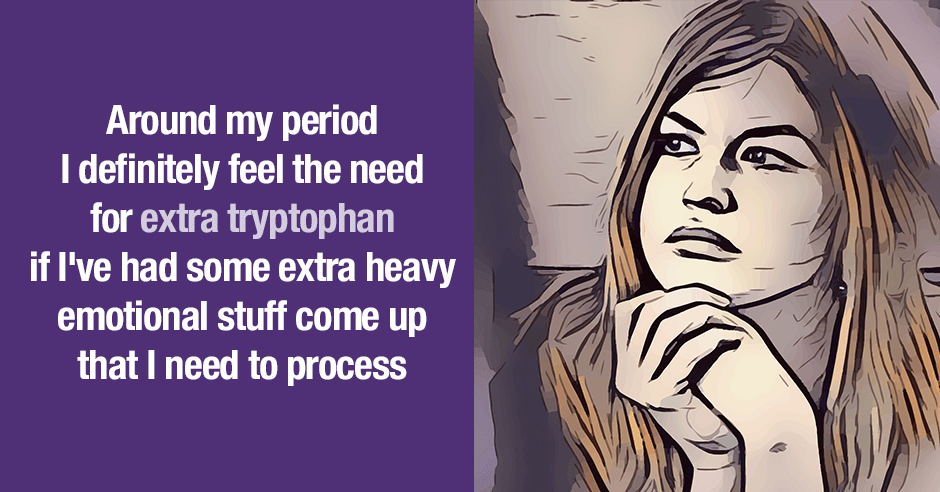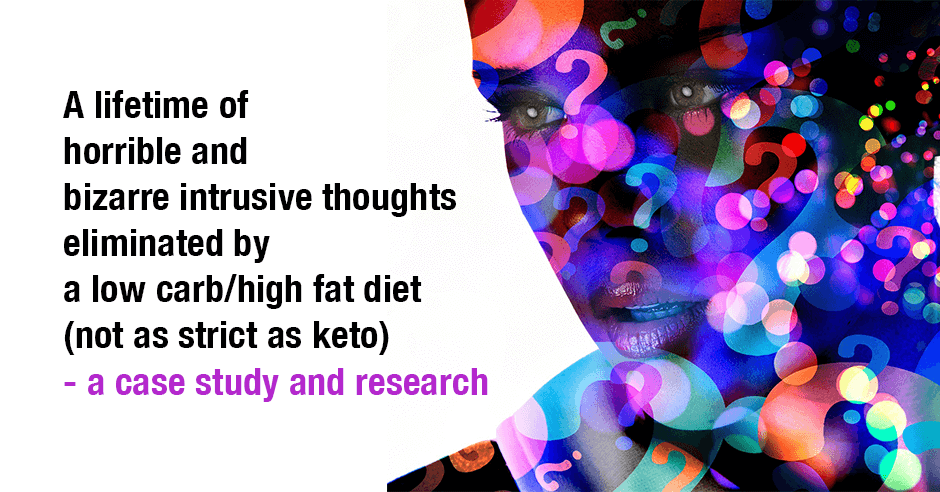
Intrusive thoughts are a symptom of anxiety, are more common than you’d expect and it’s not just you who experiences them. Today’s case study illustrates the power of diet: a low carb/high fat diet (not as strict as keto) completely eliminated a lifetime of horrible and bizarre intrusive thoughts for one woman. Read examples of her actual intrusive thoughts below and check out the supporting research and other case studies.
Ruthie suffered from intrusive thoughts as a child and most of her adult life, and assumed everyone did too. As a child, she would share some of her bizarre thoughts with other children, and they would stare at her and tell their parents. Her own parents became extremely concerned believing she might do one of these bizarre things. Her husband would sometimes look at her in horror when she asked certain questions. As an adult, she was told she was “unusual in a nice sort of way-haha!” This is how she described some of her intrusive thoughts:
They took the form of either myself or family members doing horrible/bizzare things or I would get in the car to go someplace and imagine one of the other drivers on the road doing something bizarre and my mind would follow it right through to the end result of what the individual caused to happen. I would arrive at my destination not remembering any part of my drive, my mind was so busy.
She goes on to share some of her postpartum experience with intrusive thoughts:
Everyone thought I had postpartum depression with my first child but it was the intrusive thoughts that had put me into a panic regarding her care. It was wonderful when a therapist told me it was the intrusive thought component of OCD and I could put a name to it.
It was the greatest delight of my life, when both children grew bigger and stronger than me so I knew, even though I knew I would never hurt them, they had the chance to defend themselves!
For her, eating high fat/low carb has eliminated her lifetime of intrusive thoughts:
Fast forward to discovering the low carb/high fat (LCHF) eating plan (not as strict as keto) and my intrusive thoughts have been gone for almost 2 years now (unless I become overtired).
It is a simply horrid disorder to have. I am just glad now it is well known but it really upsets me that it is being treated with dangerous psychotropic drugs that can do more harm than good when diet changes could be the solution.
I asked if she had ever used GABA or tryptophan (covered in part 1) or any other nutrients during any of the really bad periods and if any of it had helped. She shared that tryptophan gave her dreams that were too vivid and “by the time I was aware of GABA as a possibility, I had changed my diet and my problems had basically been resolved.”
She also confirmed her LCHF diet is predominantly gluten/grain free except the occasional splurge. I suspect these splurges may contribute to her feeling overtired and factor into her intrusive thoughts showing up again.
These are powerful results and I’m thrilled for her. I also appreciate her willingness to share and for allowing me to include her story.
A low carb/high fat (LCHF) / Ketogenic diet study
Most of the LCHF diet research focuses on weight loss and improvement of metabolic markers for conditions like diabetes. However, there is some promising new research on mental health.
This 2020 paper is one example – Ketogenic Diet: A Dietary Modification as an Anxiolytic Approach?
Diets with low amounts of carbohydrate consumption (low-carb) seem promising both for weight mass optimization among mentally ill patients and for their possible anxiolytic effect.
A diet is characterized as being low-carb high-fat (LCHF) when fat comprises >70% of the daily calorie consumption, with sugars [or carbs] being 5–15%, and the rest of the calorie intake being made up of proteins.
This paper discusses anxiety and the role of serotonin, GABA/glutamate imbalance, hypothalamic-pituitary-adrenal axis and elevated cortisol, inflammation and oxidative stress, the microbiome and leaky gut.
It also covers some ways LCHF diets may reduce anxiety: via impacts on the microbiome (with GABA being produced by good bacteria in the gut), by reducing inflammation and oxidative stress, and by providing omega-3 fatty acids and healthy oils (such as olive oil). The inclusion of real whole foods (i.e. no processed junk foods) with quality protein and zinc-rich foods such as oysters, low glycemic index carbohydrates and leafy greens as a source of magnesium, all contribute too.
The authors do mention canola oil which I do not recommend. And contrary to their mention of egg whites, I recommend the entire egg.
Their conclusion includes these statements:
In our mind, the LCHF diet is a promising, well-accepted diet regimen which has an impact on anxiety disorders…
The evidence mentioned in this paper should encourage psychiatrists to recommend LCHF diets as advice somewhere between psychotherapy and pharmacology, or as an add-on to those two.
And I’ll add this: let’s consider LCHF instead of psychotherapy and pharmacology. As you heard Ruthie share above and as you’ll read below, diet changes alone can have profound effects.
Dietary changes alone can be profound for many folks
I’ve blogged extensively about diet in the past: ketogenic diets, the omnivore or Paleo diet and grain-free diets. Diet provides the foundation of any anxiety nutritional program but many people don’t realize or acknowledge that dietary changes alone can be profound for many folks.
I’ll typically hear something like this: “My anxiety [or depression or intrusive thoughts] are too severe for only diet to make a difference. I’m someone who really does need medication.”
As you’ll see below, diet alone can make a huge difference and is often the only thing that needs to change:
Two schizoaffective patients of Dr. Chris Palmer, a psychiatrist from Harvard’s McLean Hospital in Belmont, Massachusetts, tried a ketogenic diet for weight loss. As well as losing weight, they experienced reductions in auditory hallucinations and delusions, had a better mood and had more energy. I review the 2018 study and offer my insights in this blog.
This type of diet is also referred to as a cave-man type of diet. Even though this 2018 study was only showing associations and not a cause-and-effect, it’s still very encouraging to see new research in the field of nutritional psychiatry, further supporting the results we see in clinical practice.
I share many success stories in this blog. Here is an example from one woman: “Three days after I stopped eating grains, my chronic depression lifted and has never returned (it’s three years later now).”
I write about a 2016 study where gluten was found to be the cause of a childhood case of obsessive-compulsive disorder (OCD). Intrusive thoughts are common with OCD and a gluten-free diet (and some other interventions) led to a “marked reduction of OCD symptoms and anxiety along with marked improvement of social behavior and school work.”
This is a small selection of many similar articles on the blog.
Other nutritional and hormonal solutions
This blog is part 2 of my deeper dive into intrusive thoughts and as a follow-on to part 1 where I cover low GABA, low serotonin, low zinc, low vitamin B6 (and pyroluria) and hormone imbalances as root causes for some individuals.
- Many people “did not realize intrusive thoughts were a ‘thing’ a symptom of something” and thought it’s just something that happens to them
- A definition of intrusive thoughts from The Anxiety and Depression Association of America and the fact that “Unwanted intrusive thoughts can be very explicit, and many people are ashamed and worried about them, and therefore keep them secret.”
- The article that inspired these blogs on intrusive thoughts: The Debilitating Anxiety Symptom No One Ever Talks About
- How to address low GABA, low serotonin, pyroluria (low zinc & vitamin B6) and hormone imbalances as possible causes (and examples from folks with these causes, plus supporting research)
As I mentioned in part 1, my purpose is to share actual examples from real people so you can see how varied these intrusive thoughts can be. And recognize that they are a thing and that you are not alone if you experience them.
And, of course, to create awareness that there are nutritional solutions.
My book as a resource if you are new to nutritional psychiatry
If you are new to nutritional psychiatry, do read this blog: Nutritional medicine in modern psychiatry: position statement by ISNPR.
If you do not yet have my book, The Antianxiety Food Solution – How the Foods You Eat Can Help You Calm Your Anxious Mind, Improve Your Mood, and End Cravings, I highly recommend getting it and reading the chapters on diet, sugar and blood sugar control, gluten and grains, and caffeine/alcohol so you have the foundation in place. Who knows, it may be the only changes you need to make to eliminate your intrusive thoughts and other anxiety symptoms!
Be sure to share it with the health team you or your loved one is working with.
If you are new to using the the amino acids GABA or 5-HTP/tryptophan as supplements, I cover this and pyroluria in part 1: Intrusive thoughts are a thing with anxiety: low GABA, low serotonin, pyroluria (low zinc & vitamin B6) and hormone imbalances as possible causes. Be sure to read the many comments and especially Kimberly’s feedback – she combined everything in the above blog and saw wonderful results.
As I mentioned in part 1, let’s talk about intrusive thoughts so we don’t have to feel alone and so we can find solutions. And share your success with nutritional solutions when something works for you. Share it with your friends, your health practitioner, researchers and on this blog.
Did you know intrusive thoughts are a thing, or did you think it was just you? And what kind of intrusive thoughts have you had?
Are you surprised that a LCHF/keto or similar diet could have such a profound impact?
Has a dietary approach alone helped you eliminate your intrusive thoughts or other anxiety symptoms? Or has diet, in conjunction with amino acids such as GABA and tryptophan helped?
What else has helped eliminate or reduce your unwanted intrusive thoughts?
Feel free to ask your questions here too.
